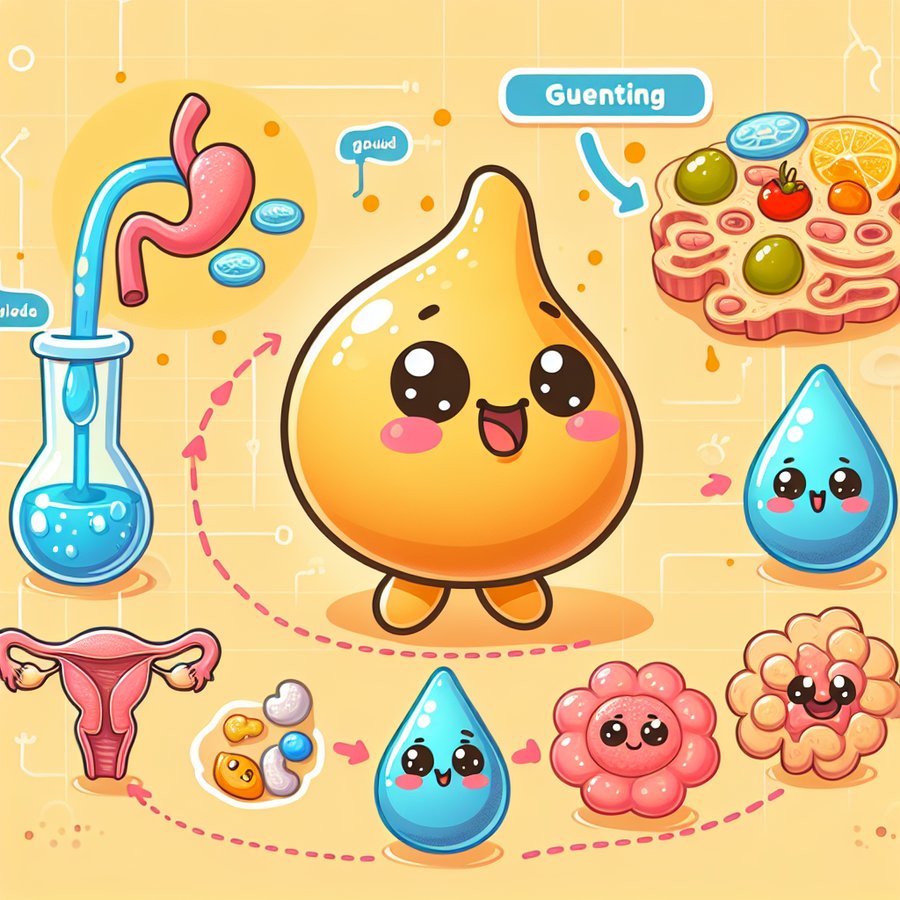Salivary glands development is a critical aspect of an infant’s growth, ensuring the proper production of saliva which plays a vital role in the digestion of food and oral health. This comprehensive guide aims to enlighten new parents about the intricacies of this development, its stages, its importance, and what actions to take if development issues arise.
What are Salivary Glands and Their Function?
Salivary glands are specialized tissues located in the mouth that produce saliva. Saliva is crucial for digestion, as it begins the process of breaking down food, and also plays a key role in maintaining oral hygiene by washing away food particles and neutralizing acids produced by bacteria in the mouth. The development of these glands in infants is essential for their ability to process solid foods and maintain oral health.
There are three main types of salivary glands: the parotid, submandibular, and sublingual glands. Each plays a specific role in saliva production and is developed at different stages of an infant’s growth.
Stages of Salivary Glands Development in Infants
The development of salivary glands in infants begins in the early stages of pregnancy and continues after birth. Initially, these glands form as buds in the embryonic stage and gradually develop into fully functioning glands capable of producing saliva. This development is crucial for the infant’s ability to digest and swallow food properly, especially as they transition to solid foods.
By the time a baby is born, the salivary glands are present but not fully mature. It is during the first few months of life that these glands develop rapidly, reaching full functionality around the age of 6 months. This timeline is important for parents to understand as it coincides with the period when most babies start to eat solid foods.
What to Do if My Child Has Salivary Glands Development Issues?
If you suspect that your child has issues with salivary glands development, such as reduced saliva production or difficulties with eating and swallowing, it is important to seek medical advice. A healthcare provider can perform a thorough examination and, if necessary, recommend interventions to support your child’s development.
Some common signs of salivary gland development issues include dry mouth, difficulty swallowing, and frequent choking or gagging while eating. These symptoms can sometimes lead to more serious conditions, such as acid reflux or aspiration, so early intervention is key.
How to Support Healthy Salivary Glands Development
Supporting the healthy development of your infant’s salivary glands involves ensuring they receive adequate hydration and nutrition. Breastmilk or formula provides the necessary fluids for babies under 6 months. As your child grows, introducing a balanced diet with sufficient water intake can help stimulate saliva production and support overall development.
Regular dental check-ups, even in infancy, are also crucial. A pediatric dentist can monitor your child’s oral health and development, providing advice on how to care for their teeth and gums effectively. Practicing good oral hygiene from an early age sets the foundation for healthy salivary glands.
For more detailed guidance on infant health and development, consider reading about feeding milestones and how to manage excessive drooling, which can sometimes indicate issues with salivary gland development.
Salivary glands development is just one of the many milestones in your baby’s growth. Understanding this process helps ensure your child can enjoy a healthy start to life, with the ability to eat, digest, and maintain oral health efficiently. For any concerns regarding your baby’s development, always consult a healthcare provider for professional advice.
Salivary glands development in infants is a fascinating journey that plays a crucial role in their overall growth and well-being. By keeping informed and vigilant, parents can support their children through this important phase, ensuring they develop the ability to enjoy and process a variety of foods while maintaining good oral health.













